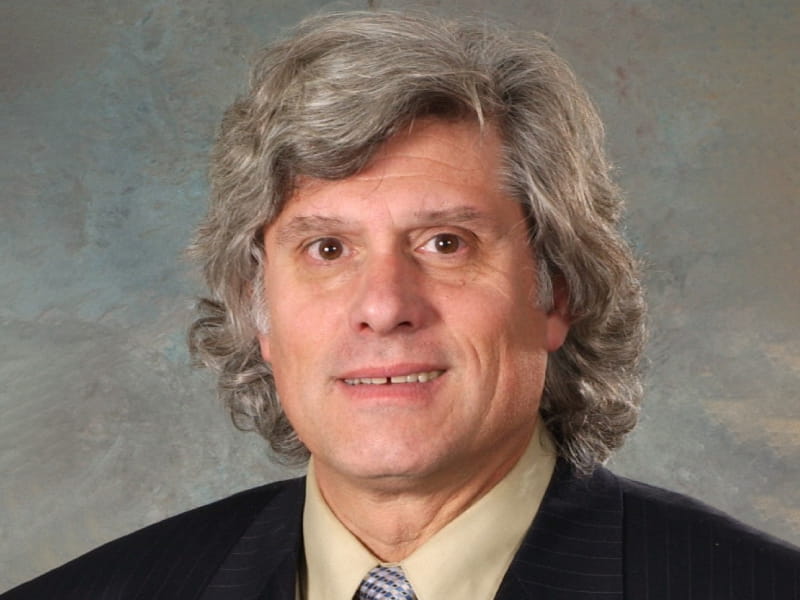Longtime volunteer committed to spreading awareness, sharing data worldwide
By American Heart Association News

Dr. Hector O. Ventura is such a regular volunteer that when former American Heart Association president Dr. John Warner wrote him to request a call recently, the email said, "Don't worry, I'm not going to ask you for anything."
"I told him, 'No, if you need something, tell me, I'll do it,'" recalled Ventura, who leads the Cardiomyopathy and Heart Transplant Center at Ochsner Clinic Foundation in New Orleans.
Actually, Warner's call was to inform Ventura that he was this year's winner of the Ron Haddock AHA/ASA International Impact Award, presented to an individual or group for outstanding contributions to the nonprofit's global efforts.
Ventura's AHA work has included encouraging high school students to pursue a medical career, working with Fellows in Training and leading work focused on diversity.
Over the last 17 years, Ventura regularly represented the AHA at many international meetings. That includes several years as its representative at the prestigious Inter-American Society of Cardiology, which includes members from throughout the Americas.
"No matter where we have asked him to do something, he has done it," said Dr. Ileana Peña, who has known Ventura for 30 years and nominated him for the award. "He has been very eager to spread the word of the American Heart Association abroad and does it very graciously."
Ventura said that his work gives him an opportunity to help raise awareness and also to learn and share data with colleagues throughout the world.
"Cardiovascular disease is global disease, and in order to make a big impact, we have to think globally," he said.
Growing up in Argentina, Ventura recognized that one of his strongest subjects was biology, and at age 16 he decided to become a doctor. He graduated from the University of Buenos Aires School of Medicine in Argentina and completed his internship and residency at the Central Military Hospital in Buenos Aires before continuing his training in the United States.
During medical school, he became enamored with the circulatory system and soon focused his work on cardiology. He got his first experience in heart transplant while training at Ochsner Medical Institutions, where he has since built his career. In addition to his work at the Ochsner Clinic Foundation, he is also a cardiology professor at the Ochsner Clinical School at the University of Queensland School of Medicine in Brisbane, Australia, as well as a professor of medicine at the Tulane University School of Medicine in New Orleans.
"It's a very rewarding and difficult specialty," he said. "I wouldn't do anything different."
At the encouragement of a mentor, Ventura became involved with the AHA early in his career and said the organization's work to support research has made a significant impact on the field, with advancements giving clinicians more options.
"Before, we had only a couple medications and then transplant and nothing in between," he said. "Today, we have many more options to improve patient health and quality of life."
Ventura has talents outside of medicine. He also plays guitar and sings, performing occasional concerts at clubs around New Orleans.
"He has a beautiful voice and has been entertaining us for years," Peña said.
If you have questions or comments about this story, please email [email protected].




